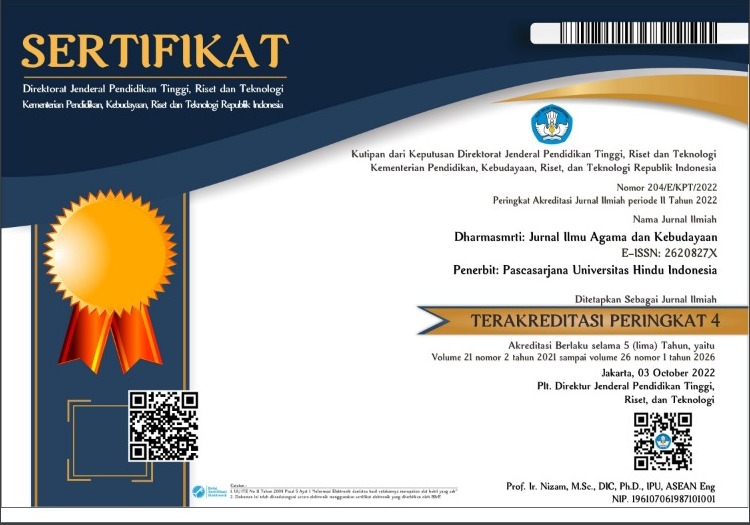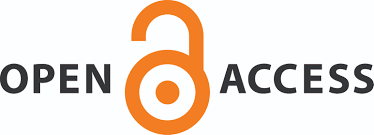PARADIGMA PENDIDIKAN SENI DI ERA GLOBALISASI BERBASIS WACANA
Abstract
The paradigm of the arts education in the future must be able to apply various approaches where learners can cultivate their views and tolerant attitude towards the cultural diversity in Indonesia. The arts education is expected to be a compulsory course in universities so that the students have sensitive, aesthetic, creative and innovative attitude as well as adaptive character to any change and good ethics in expressing their creativities. It is not just an education generated only for the sake of art competition but must become a daily necessity. In facing the globalization phenomenon, the arts education is made to utilize multicultural approach which can be accepted by various circles of society. The arts educa- tion with a multicultural approach should have flexibility and rely on the ability of the learners and the socio-cultural conditions of the local society. The role of the arts educators is expected to not only pos- sess the local artistic knowledge, but also the knowledge about other regional arts so that in this way the students obtain complete knowledge of arts and culture as well as fostering the sense of tolerance with the diversity.















